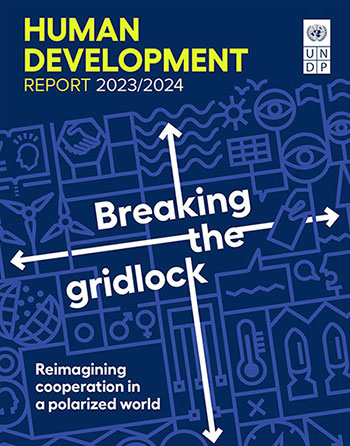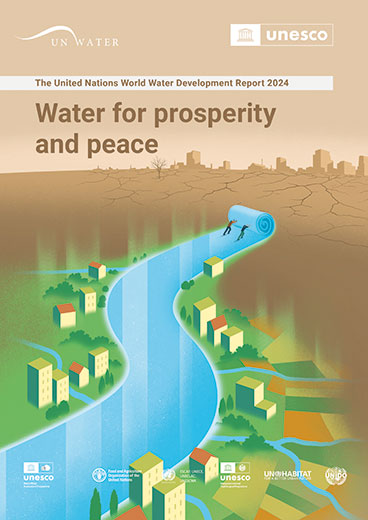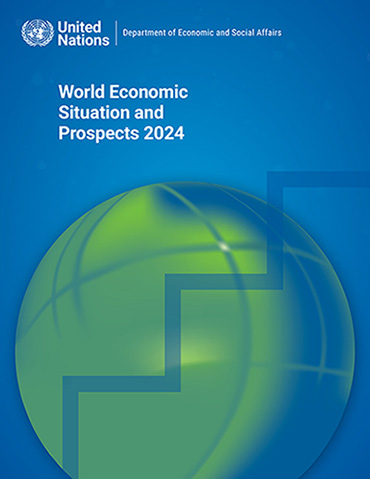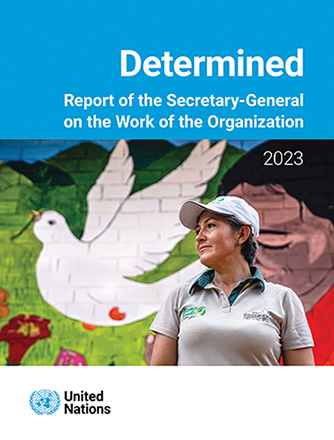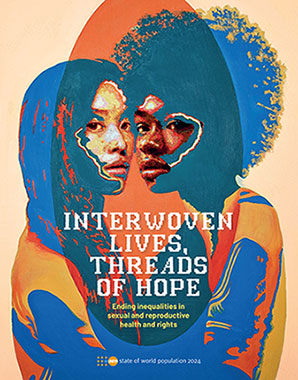Latest content Latest Content RSS feed
Most read Most read RSS feed

New UN iLibrary
Collections
Outer Space
The United Nations has long recognized the significance of outer space for humanity and aims to utilize the unique benefits of outer space for the betterment of all humankind. United Nations Office for Outer Space Affairs (UNOOSA) plays a crucial role in promoting international cooperation in peaceful space activities and oversees the implementation of international space law. Browse the Outer Space Collection here.
Indigenous Issues
Indigenous Peoples are inheritors and practitioners of unique cultures and ways of relating to people and the environment. They have retained social, cultural, economic and political characteristics that are distinct from those of the dominant societies in which they live. Despite their cultural differences, Indigenous Peoples from around the world share common problems related to the protection of their rights as distinct peoples. Browse the Indigenous Issues Collection here.
International Court of Justice
The International Court of Justice (ICJ) is the principal judicial organ of the United Nations (UN). It was established in June 1945 by the Charter of the United Nations and began work in April 1946. The Court’s role is to settle, in accordance with international law, legal disputes submitted to it by States and to give advisory opinions on legal questions referred to it by authorized United Nations organs and specialized agencies. Browse the ICJ Collection here.


